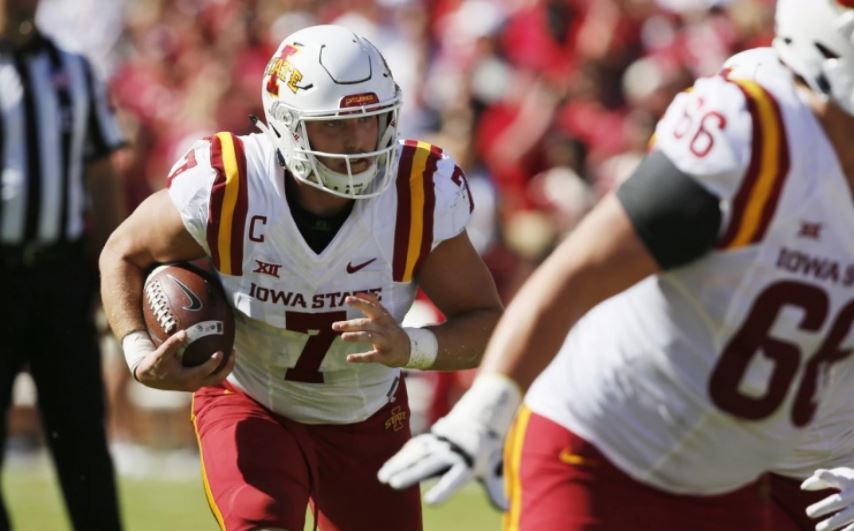Sports gambling could be coming to a casino near you. The Supreme Court issued its decision in Murphy v. NCAA today, a case that has huge implications for sports gambling around the country. It’s good news for would-be bettors!
But before you start taking wagers from your neighbor or co-worker on the Rockets-Warriors series, you should know exactly what this decision means. Long story short: it’s going to be up to individual states now whether or not you can legally bet on sports and where you can do it, so hold off on those parlays (and you might as well call your state senator).
What the Supreme Court technically did today is strike down a federal law called PASPA.
What’s PASPA? In 1992, Congress passed the Professional and Amateur Sports Protection Act (PASPA). This law effectively banned most sports gambling, but it didn’t do so explicitly. Actually, its scheme was pretty unusual.
PASPA basically said that no state could change its laws in order to operate, promote, or authorize sports gambling—with exceptions. First, it grandfathered in the very limited sports gambling that was already permitted in Delaware, Montana, and Oregon, as well as the more extensive gambling permitted in Nevada.
Second, it provided a one-year window for New Jersey to legalize sports gambling if it so chose. If New Jersey didn’t do so before the deadline in 1993, though, it would be barred from legalizing sports gambling, just like the remaining 45 states. (New Jersey got this special provision because of its uniquely extensive history of legalized casino gambling.)
PASPA also included an unusual enforcement mechanism. It did not make sports gambling a crime. Instead, it allowed the Attorney General as well as private sports organizations, like the NCAA, to bring civil lawsuits for its enforcement.
What happened? New Jersey decided not to legalize sports gambling before the window expired in 1993. Later, it changed its mind. New Jersey passed a law in 2012 to allow sports gambling in the state. Acting under its PASPA authority to enforce the law, the NCAA sued the state of New Jersey to prevent sports gambling there. Years of litigation ensued, culminating in today’s decision.
Today, the Supreme Court determined the PASPA provision that prevents states from authorizing sports gambling violates a constitutional rule against commandeering. In the decision authorized by Justice Samuel Alito, the Court explained that the anti-commandeering doctrine prevents the federal government from making laws that put “state legislatures . . . under the direct control of Congress.”
What PASPA did, then, was tell states they weren’t allowed to change their own laws about sports gambling. Because 46 states, including New Jersey, didn’t allow sports gambling at the time of PASPA, they were locked in under PASPA. The Supreme Court determined that Congress couldn’t freeze state law like that. In fact, Justice Alito wrote that “[a] more direct affront to state sovereignty is not easy to imagine.”
So what does this mean? Well, there’s good news and there’s bad news for gamblers. The good news is that, after this decision, sports gambling could be allowed—so long as you live in a state that has not barred it. Now that PASPA does not prevent them from changing their laws, some states that have barred sports gambling may be spurred to allow it now. We’ll have to wait and see.
The bad news, though, is that this decision rests on the uniqueness of PASPA. This was a law that prevented states from changing their own state laws as they related to sports gambling. But nothing would prevent Congress from simply replacing PASPA with a new statute that simply barred sports gambling as a matter of federal law.
It is a fine distinction, but under the reasoning of the Murphy decision, it’s an important one. What this means is that, even if your state allowed sports gambling after this decision, Congress could still step in and end it, and the Supreme Court would be very likely to let that ban stand (even if they didn’t let PASPA hold up).
Still, this is a major change in the law surrounding sports gambling. If nothing else, this issue will now be pushed to the forefront for state legislatures and Congress to discuss openly. If you have an opinion on the issue, make sure that you let it be known to your elected representatives. But if you’re pro-sports gambling, today’s decision is one that you should be happy about.

